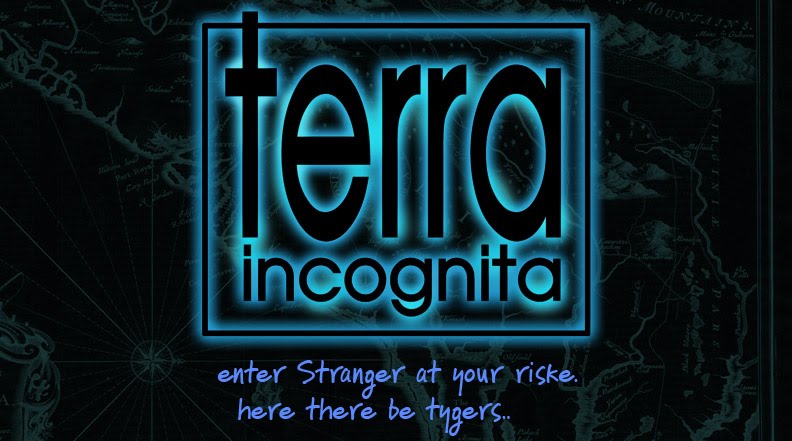The Aboriginals of Australia have an oral history of a timeless time, called the Dreaming. In it and through it, they describe the times when gods walked, lived, bred and interacted with the Earth, a time of creation and wonder. Shape-shifting, timeless gods, not dead now but forever present, sleeping as forces in the lands they once inhabited.
Translated from a term that cannot be translated, the Dreaming just got a weird new twist. Following a Dreaming story, Duane Hamacher, a PhD candidate at Macquarie University in Sydney, discovered that the ancient tale regarding a cosmic impact is indeed true, as he searched Google Earth and found evidence of a crater. The expedition that followed verified that it indeed was a crater. 
And it was not the only one. The team found many more, as they began examining the Dreaming tales related to cosmic events and objects falling to Earth.
All nice and good for science, but for a little glitch: Most of the craters where millions of years old, when no man was present to witness. What’s more, the craters are not easily discernible by eye, and it took satellite photos and mineral analysis to prove that they are indeed meteor impacts.
We could start proposing theories and ideas on how these people came to know about things that far in the past.
But then, how do you describe a dream? How do you describe a parallel reality, occupied by gods, who co-exist in our own in select spots, but everywhere as well?
Like I said, how do you describe a Dream?
Most of it is weird, indescribable, alien. Only through feelings, as primitive as ritual dance, painting, songs, barbaric words and incantations. Only through dreaming terms can you approach it, but then again, most of it is lost.
An Aboriginal man told anthropologist W.E.H. Stanner “White man got no Dreaming”, and, although it seems true in most cases, I reserve the right to differ. I think the Dreaming is in all of us, saturating the Earth. Few can feel it, and even fewer can handle it.
Like a force, a feeling, a memory lost which you never had anyway, lingering in the edge of consciousness.
You may not remember, but you will never, ever forget.
Source
Thanks to

No comments:
Post a Comment